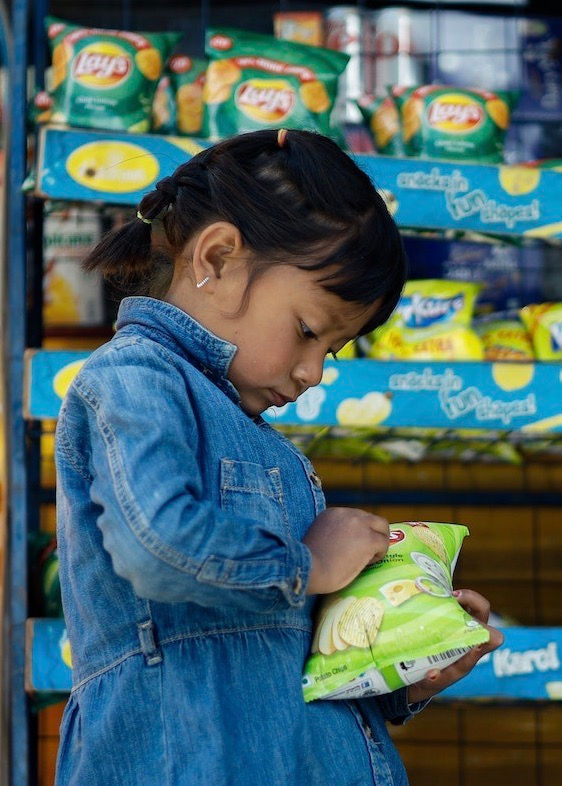Object Lesson
- theFORGE
- Jan 8, 2025
- 2 min read
by Ellen Santasiero

Photo by Ajin
Last month I participated in a twenty-four hour “playfest,” which meant I agreed to write a ten-minute play in eight hours, overnight. I know. Crazy is as crazy does.
Of all the positive outcomes of that experience, one stands out. It was afterward when one of the actors in my play said, “I get what you were doing with the bag of chips.” (O, to be understood!)
The play is set at a Very High Tech startup that caters to its Millennial employees’ basic needs for catered lunches, on site acupuncture, and egg-freezing.
So, my protagonist, twenty-nine-year-old Nate, has on his desk his drink of choice and a bag of chips. Nate is a brilliant coder and team leader working on a Very Important Project that will change the world, utterly. Except he’s failing. He can’t get the program to run. So the Big People Upstairs (who are, of course, the same age as Nate) add a new member to Nate’s team: a boy in his late teens, a Wunderkind, just as Nate once was.
At first, Nate resists the young coder and his fresh ideas, but eventually he accepts that the kid is, in this case, a better coder than Nate himself, and that he should and will capitulate to the kid’s superior knowledge and skill. That’s all well and good for Nate, but how does the audience know that he’s had this internal realization?
Enter bag of chips.
Before Nate asks the kid, “Whaddya got?” he crosses the room with the bag of chips and—wait for it—proffers the open bag to the boy so he can reach in for a handful.
You get the picture. A crunchy olive branch, a salty peace offering, that kind of thing.
Even in the mind-numbing novel of ideas, The Magic Mountain by Thomas Mann, which I’m reading right now for reasons best explored in a different post, objects sometimes do the talking. The story’s protagonist, Hans, loves to smoke a cigar after meals. He’s addicted to cigars, in fact. One of the tiny internal shifts that Hans experiences—one that will allow him to stay at the sanatorium in Switzerland and not return to his former life at sea level—is made visible to the reader when Hans notices that the cigar doesn’t taste as good as it usually does (it tastes bad, even), and tosses the cigar into the edelweiss, never to be seen again.
“No ideas but in things,” said William Carlos Williams in 1927, which is just another way to say, no things in your story without a job to do.
Objects are just waiting for us to give them a job to do in our stories. And, they’ll work for free, with no expectation of lunch, catered or otherwise.







Comments